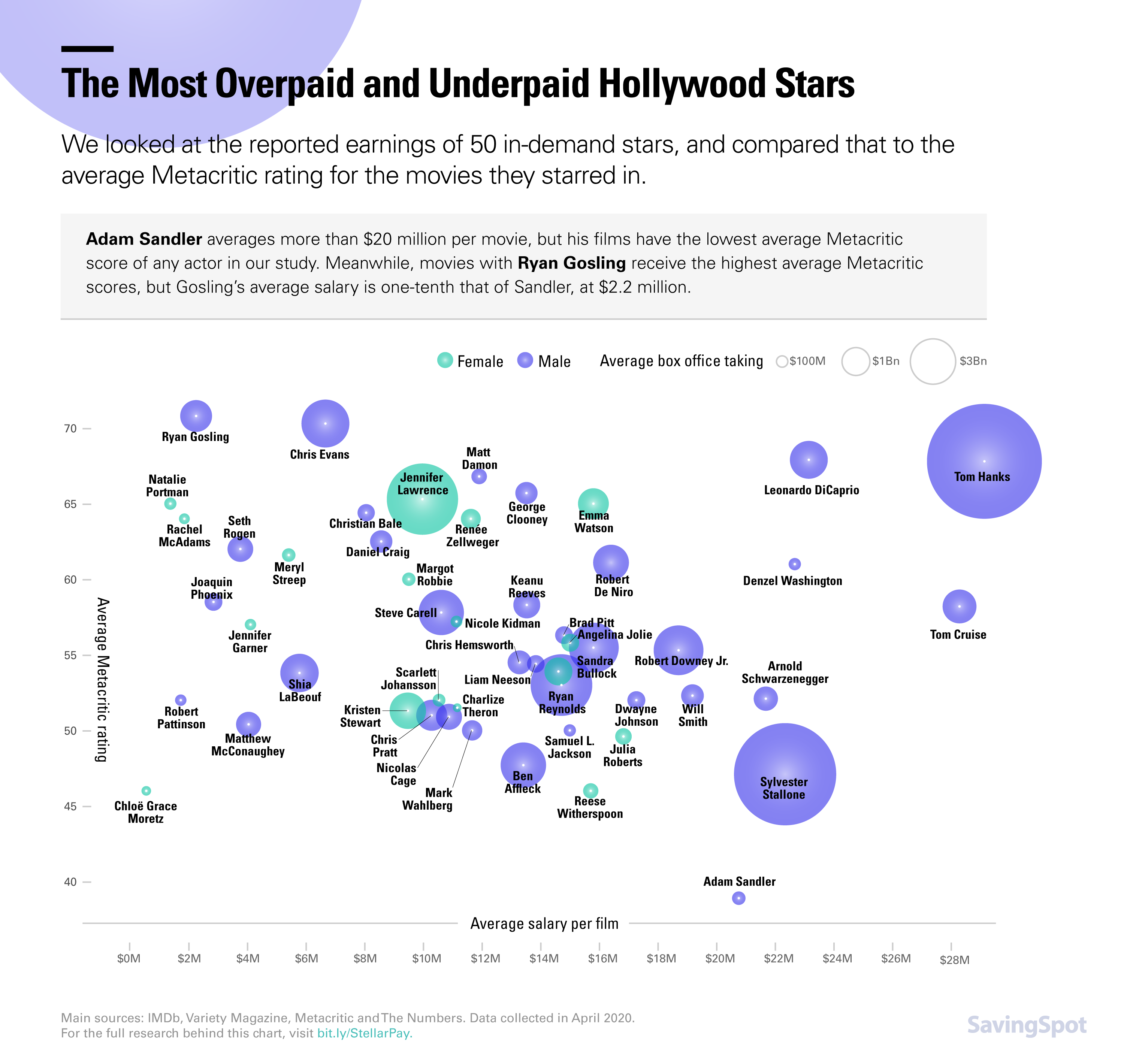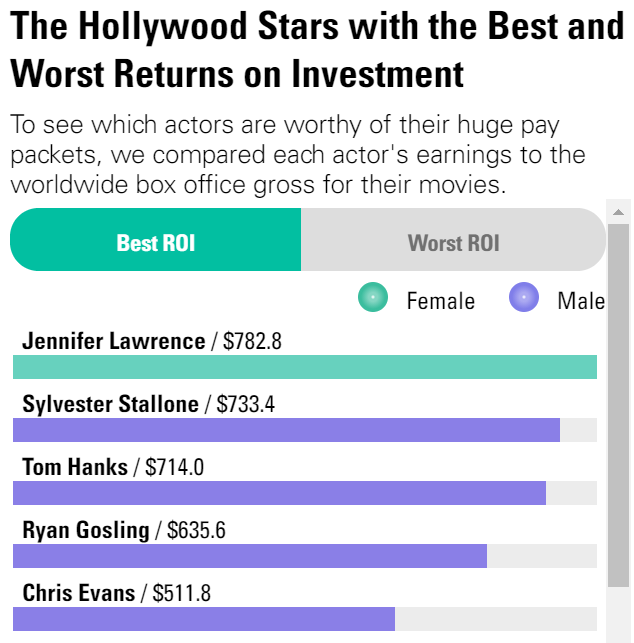It seems like every week we hear about a celebrity who dies of an overdose or about celebrities who are entering or exiting rehab.
Is this true? Are celebrities more likely to have an addiction to alcohol or drugs? Or does it just seem that way?
Money
Celebrities are rich and famous. Their bank accounts let them buy more than people with more modest incomes, which means they can buy more drugs and alcohol.
Even more modest amounts of alcohol and drugs can be expensive. Less affluent people may decide to go to drug and alcohol addiction rehab centers because their addictions are harming their pocketbooks as well as their health.
Persuasion
The money of celebrities can also sway doctors who’ve abandoned their Hippocratic oath to do no harm. Celebrities may bribe medical professionals to prescribe them drugs and visit multiple doctors to obtain multiple drugs, a practice known as doctor shopping.
Similarly, celebrities might bribe or offer perks to bartenders or others willing to buy them alcohol or drugs, even if they’d normally stop serving them because they’re already drunk or high.
Access
Access to drugs and alcohol is another possible reason why celebrities may be more likely to use and abuse the substances. People with more normal jobs and incomes tend to spend time with people with similar jobs and incomes.
On the other hand, celebrities may spend time with people with more money and more access to alcohol and drugs. They could work or party in places associated with substance use, or others could ply them with alcohol or drugs to convince celebrities to do favors for them.
Environment
Drug addiction experts believe that people’s environments can also contribute to their addictions. This can include celebrities’ current environments. It can also include the environments in which they were raised.
Children who are raised among people who use drugs or alcohol may think that such use is a normal way to cope with problems, celebrate good times, and live life in general. They may carry this view into adulthood and begin drinking or using drugs themselves.
Expectations
Rock stars, actors, and actresses may think that others expect them to get high or drunk and they may think so themselves. They may think such behaviors are part of their jobs and find friends who behave that way.
They may also be struggling with other expectations. Celebrities may be feeling that people want them to act or be a certain way because they’ve played certain roles or behaved in certain ways. They might use drugs or alcohol because they think that substance use is part of their public image and will make them seem cooler or more successful.
Genetics
While there is some debate about the matter, some researchers believe that some people may have genes that make them more likely to abuse drugs and alcohol.
This perspective could explain why some families seem to have many members who have problems with alcohol and drugs. It could also explain why some people can drink or use drugs occasionally without experiencing problems while others become addicted.
Stress
Many people aspire to become famous, but if they achieve that, they don’t know what to do next. Celebrities might not feel prepared to tackle the new aspects of their life, interact with the media, or handle their finances.
Others may want them to give their time, attention, or money, but celebrities could become overwhelmed and feel that they don’t have anything to give. The expectations could lead to stress, and stress could lead to drinking, using drugs, and even addiction.
Loneliness
As part of their new lives, celebrities may be separated from friends and family members and their old lives. They could be homesick because they’re traveling frequently for work or leisure.
Celebrities could be meeting new people all the time, but they feel that they’re not connecting with them. They could feel that their new relationships are transactional. Similarly, they also know that people may pretend to be friends and romantic partners because they want money, fame, and other benefits themselves – not because they genuinely like the celebrities. This loneliness and isolation could lead to uncertainty and substance abuse as people try to cope.
Boredom
Their loneliness could be accompanied by boredom. Entertainers might not from 9 a.m. to 5 p.m. Monday through Friday. They might work extremely long days and have days, weeks, or months off in between.
During these days off, they may be lost because they feel that they don’t have anything to do or feel useless. This boredom might make them anxious and depressed. They might turn to drinking or using drugs because such activities pass the time and produce states of mind that might make them believe that even more time has passed.
It appears that some aspects of being a celebrity may contribute to addiction, but that’s not the whole story.
Accounts of celebrity substance abuse often fail to mention celebrities who aren’t addicted to alcohol or drugs. Not every celebrity develops an addiction. Many celebrities also recover from addictions, and these factors illustrate the complexity of addiction itself.
Author Bio
Patrick Bailey is a professional writer mainly in the fields of mental health, addiction, and living in recovery. He attempts to stay on top of the latest news in the addiction and the mental health world and enjoy writing about these topics to break the stigma associated with them.

